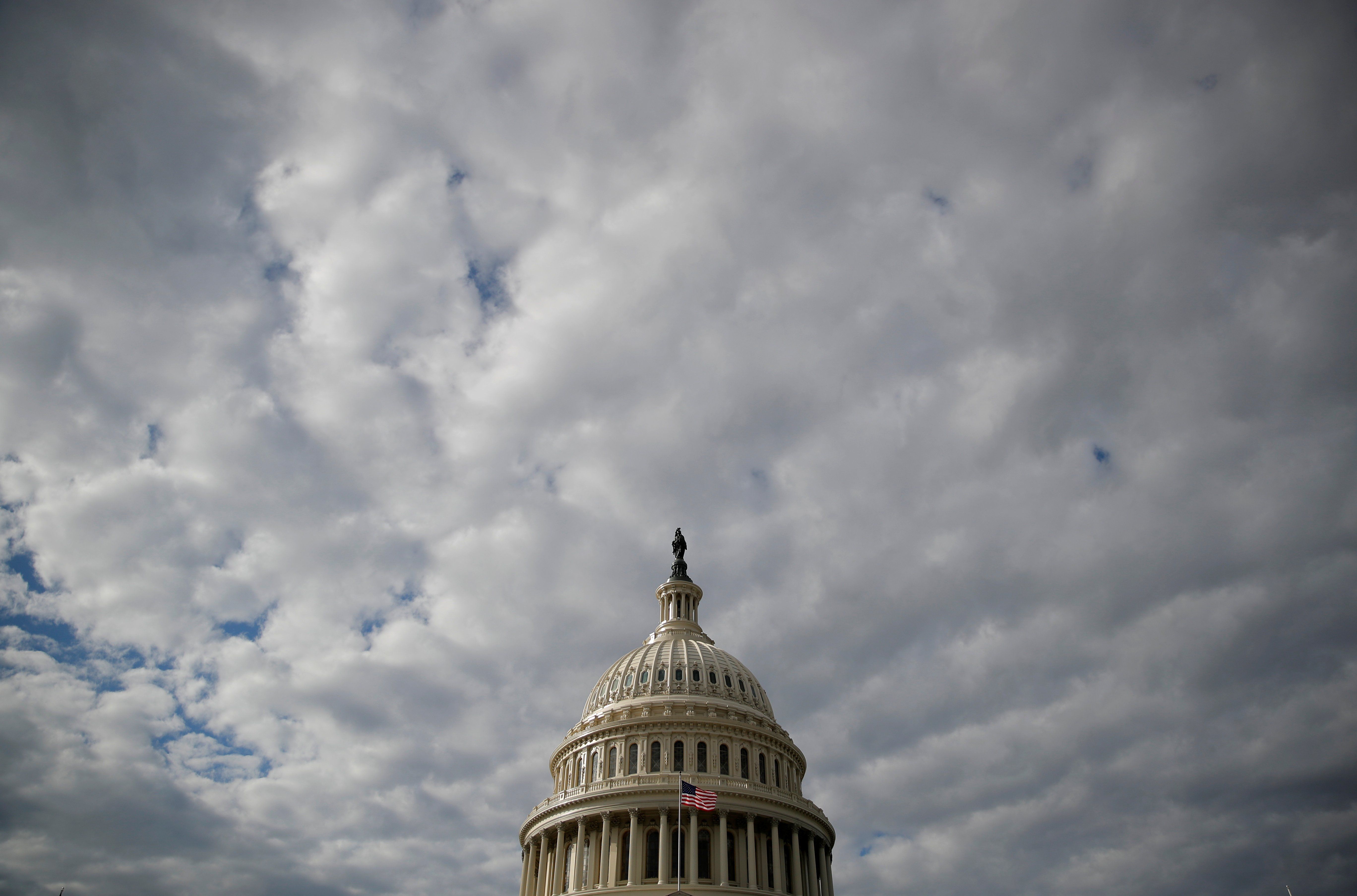The US government is heading toward a shutdown. What does that mean?
The US government looks set to shut down this Sunday after House Republicans indicated that they would not support a bipartisan Senate bill that would fund the federal government past this weekend’s deadline.
Absent a last-minute agreement, many federal agencies could soon shut down, while millions of federal workers could be placed on furlough without pay due to a lapse in funding from Congress, which controls the purse strings.
What led to the current stalemate and what does it mean?
You might recall that, back in June, House Republicans agreed at the eleventh hour to raise the federal debt limit to avoid the government defaulting on its loans for the first time in history. As part of that agreement, Republicans and the White House agreed to spending caps on funding bills for the next two years that aimed to avoid this sort of impasse until after the next presidential election.
But that is now up in the air as a number of “tear-it-all-down” Republicans are refusing to fund the government – an annual procedural measure – and are calling for deeper spending cuts. Crucially, they also oppose ongoing funding to Ukraine.
Meanwhile, House Speaker Kevin McCarthy, overseeing one of the slimmest congressional majorities in decades, is hesitant to pass a funding bill with the backing of House Dems that these vocal members of his own caucus oppose, fearing they would call a vote seeking his ouster. What’s more, to appease the right flank of his party, McCarthy gave his caucus the go-ahead to start an impeachment inquiry into President Biden (the hearing will kick off Friday), but that doesn't seem to have gotten the hardliners to back off.
Indeed, this whole dance makes for very bad politics for the GOP considering that 77% of US voters don’t want the government to close.
What happens if the government shuts down? While some government departments – like the military – will continue to function, hundreds of thousands of workers (out of 4 million government employees) will be told to stay home without pay. The last time the government shut down in 2018 for 35 days, it cost the US economy a whopping $11 billion.
Plus: We asked Jon Lieber, head of Eurasia Group's coverage of political and policy developments in Washington, DC, to share his view on how long the shutdown may last. Hear what he had to say here.
